DataScript
as a
Lingua Franca for declarative domain modeling
The approach (spoiler)
- Encode the Domain Model (*) of your system in an in-memory data structure (a "meta-DB")
- ... supported by DataScript, an in-memory graph DB
- ... from which the "machinery" of the system is generically derived (DB schema / API endpoints / GraphQL schema / data validation / doc pages / etc.)
(*) Domain Model ≈ Data Schema ≈ UML diagram
What this approach is NOT
An example Domain Model

What is DataScript?
What is DataScript?
- An in-memory, immutable database, inspired by Datomic, for the JVM and JS
- With a graph-like structure ("universal" relation of Entity/Attribute/Value)
- Powerful read APIs: Datalog (pattern matching), Entity (navigational), Pull (pulling trees of data), raw index access
- Data-oriented, composable writes (implicit upserts)
DataScript Demo
DataScript is a data structure
| Data Structure | Read API | Write API |
|---|---|---|
| Clojure Sequence | first, next, rest | conj |
| Clojure Map | get, contains?, keys, vals | assoc, dissoc |
| DataScript | Datalog, Entity API, Pull API, raw indexes | (dt/with db write) |
The problem
The problem
Any given bit of the Domain Model gets used (explicitly or not) in many parts of the system:
- Database schema
- Input data validation
- GraphQL schema
- HTTP/REST API contracts (Swagger etc.)
- Security rules
- Test data generation
- documentation
- ETL
=> we'd like to make that DRY / declarative
Solution
Declare the domain model in one place, and derive the machinery aspects from there

The Solution: class annotations!
public class User {
UUID id;
@UserPrivate
String email;
String name;
@RefTyped(cardinality="many")
List<User> follows;
@Derived
int n_followers(){}
@Derived
@RefTyped(cardinality="many")
List<Tweet> tweets(){}
}The Solution: class annotations!
public class User {
UUID id;
@UserPrivate
String email;
String name;
@RefTyped(cardinality="many")
List<User> follows;
@Derived
int n_followers(){}
@Derived
@RefTyped(cardinality="many")
List<Tweet> tweets(){}
}
Prior art
- DB DML
- Class annotations (ORM, Frameworks...)
- API schema (GraphQL, Swagger)
- informal documentation (UML)
Limitations:
- not programmable
- not portable
- no/poor query API => not extensible
- biased, incomplete perspective
We can do better
Domain Model meta-data as data
Naive approach: plain old Clojure data structures
(def domain-model-metadata
{:types
[{:entity-type/name :twitteur/User
:entity-type/attributes
[{:attribute/name :user/email
:attribute.scalar/type :string
:twitteur.security/private? true}
{:attribute/name :user/tweets
:attribute/ref-typed? true
:attribute.ref-typed/type :twitteur/Tweet
:attribute.ref-typed/many? true}
...]}
{:entity-type/name :twitteur/Tweet
:entity-type/attributes
[...]}]})Limitation: still a poor query API
Where DataScript comes in
Is this a good idea?
2 ways of developing
-
plumbing-first: start from the mechanical parts (HTTP routes, DB queries, etc.), shaping them towards business requirements
- domain model is scattered, implicit
- accidental complexity
- early success
- adaptible
-
domain-first: start from the language of the domain, generate the mechanical parts from that
- generic, abstract
- principled
This approach is domain-first
- Requires a mature enough understanding of the domain (and its trajectory)
-
Principled, not (very) adaptible
- leave some escape hatches!
- Generic, abstract
- the dev team must be wanting to learn!
A toolkit for homemade frameworks
- Not letting a 3rd-party framework make the assumptions for you
- /!\ You're in the business of framework-building!
- test it well
- document it well
- think it through
Questions?
DataScript as a lingua franca for declarative domain modeling
By Val Waeselynck
DataScript as a lingua franca for declarative domain modeling
- 1,045



